Maxwell is powerful, secure, open-source mesh Wi-Fi made easy! Each node is a serious router with multiple high-gain antennas, up to three simultaneous MIMO Wi-Fi bands, and support for gigabit Ethernet backhaul. We even offer a weatherized node that’s perfect for outdoor use. Maxwell is not just powerful and reliable, though. It’s also perhaps the easiest mesh Wi-Fi system to set up: just place the nodes around your house, plug them in, power them on, and use an Ethernet cable to connect one of them to your broadband modem.
Open-source means you’re in control. You can ssh into any router node, see what’s going on with the config files, and run scripts. You can even modify and build your own firmware. And since it’s based on OpenWRT—the world’s leading open-source router software—you can take advantage of thousands of additional packages that let you extend the functionality of your Maxwell nodes. From VPNs to QoS to parental controls, the OpenWRT community has you covered.
Open-source also means security. With support for WPA3 encryption and the ability to ensure that your system is patched against the latest vulnerabilities, Maxwell helps you stay ahead in the cat-and-mouse game between those who write malware and those who push updates for router firmware. Plus there’s no phone app and no need to hand your mesh keys over to a third-party (we’re looking at you Amazon and Google). When it comes to privacy and security, less is sometimes more.
Maxwell scripts on each node gather information and feed it to a dashboard where you can monitor what’s going on with your mesh—either at a glance, using the super-cool graphical network map, or by digging into the details. What nodes are working? Are they connected to the Internet? What’s connected to what, on which Wi-Fi channels, and how strong is the signal? What’s the bandwidth between all of the nodes? What are the upload and download speeds, to and from the Internet, on each node? What’s the preferred routing path between each pair of nodes?
This ease-of-use extends to configuration as well. At the push of a button, you can easily set new SSIDs, replace your WPA keys, update your firmware, etc. And when you modify settings like this, your changes will propagate to the entire mesh!
| Maxwell Mesh | Eero | FreeMesh | |
|---|---|---|---|
| Easy Setup | Yes | Requires app | No |
| Open Source | Yes | No | Yes |
| Expandable & Hackable | Yes | No | Yes |
| Private & Secure | Yes | Amazon controlled | Yes |
| Tri-Band Available | Yes | Yes | No |
| Outdoor Node Available | Yes | No | No |
| Detailed mesh monitoring | Yes | No | No |
| Mesh Mapping | Yes | No | No |
| Bandwidth | 50 - 400 Mb/s | 50 - 350 Mb/s | 50 - 200 Mb/s |
| Coverage for three nodes | 3500 - 4500 sq. ft. | 3500 sq. ft. | 3500 sq. ft. |
| Price for three nodes (Dual-Band) | $149 | $249 | $169.98 |
The Maxwell source code is on GitHub and our documentation is available here. If you have a question, you can reach out to us using the Ask a technical question link on our campaign page. We look forward to hearing your feedback!
For the time being, Maxwell nodes are off-the-shelf commercial routers that I have purchased and onto which I will load our customized Maxwell firmware. This process will cover all initial campaign orders. Moving forward, I’m working on a version of Maxwell that is optimized for two open source router boards: the Banana Pi R64 and the WF-HR1901 IPQ4019-based router board, both of which should provide great tri-band performance at reduced cost and with improved availability.
We will send all crowdfunded Maxwell nodes in one bulk shipment to Mouser Electronics, Crowd Supply’s fulfillment partner. They, in turn, will ship each order to its new home. You can learn more about Crowd Supply’s shipping process in the Crowd Supply Guide. And remember to keep your shipping address updated in your Crowd Supply account!
The Maxwell mesh system has been tested quite extensively over the past several months—in my home and in the homes of my beta testers. I am therefore confident that the system is stable and that it will work. As with all software and firmware, however, there are bugs. As Maxwell is deployed to hundreds or thousands of locations, we will undoubtedly discover circumstances in which it reacts poorly to some new configuration or use case. Fortunately, both our software and our firmware are easily updated, and I will do my best to roll out fixes as bug reports come in. And of course, the beauty of open source is that you yourself can contribute to the Maxwell community by submitting those bug reports—or even by pushing code that addresses them!
Produced by Andy Haas in New York, NY.
Sold and shipped by Crowd Supply.
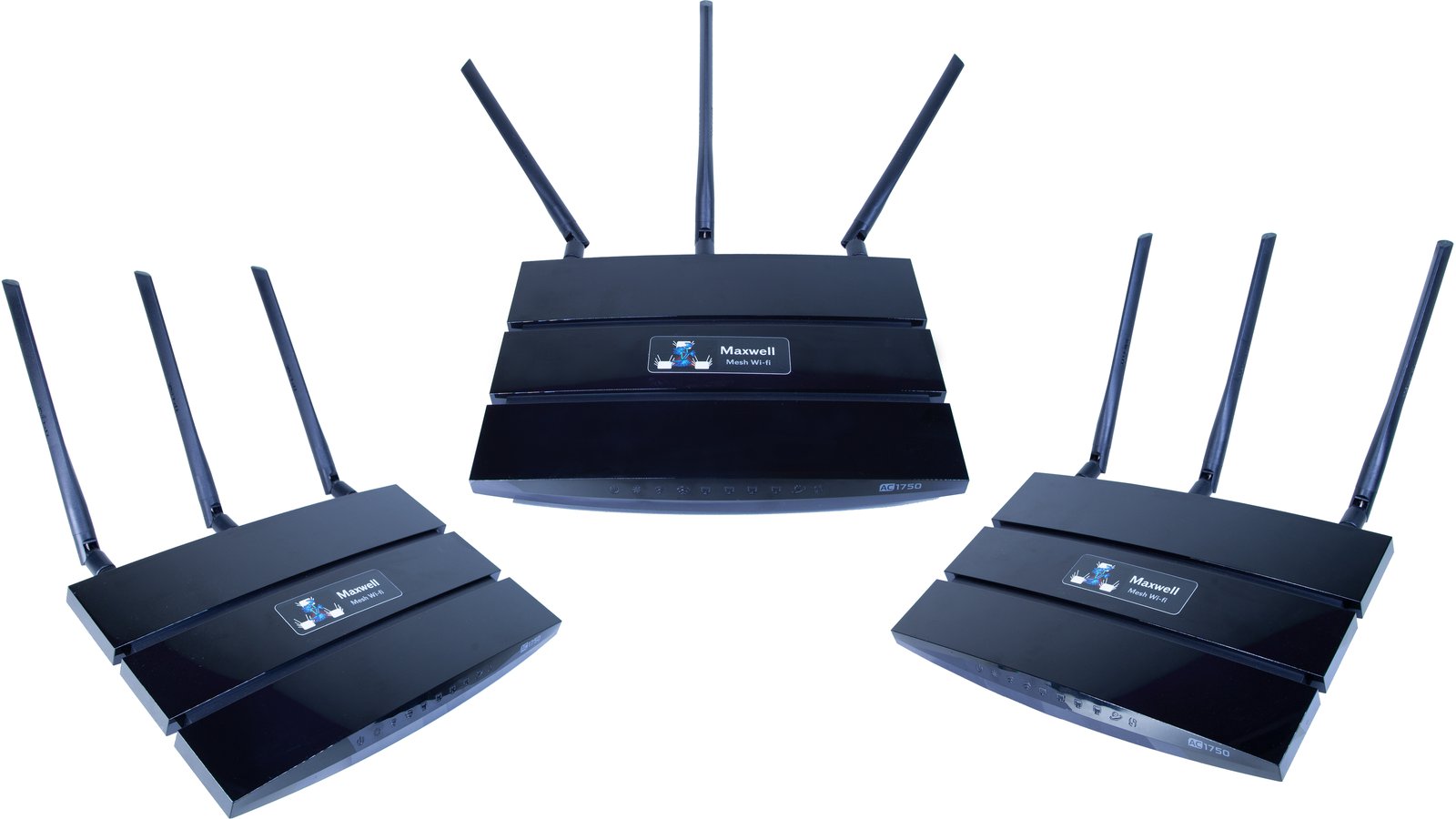
A set of three dual-band Maxwell nodes is a good place to start. Bathe your home or office in stable mesh Wi-Fi, built on the most popular and expandable open-source router software.
Want to buy this item? Check the current project page for the latest information.
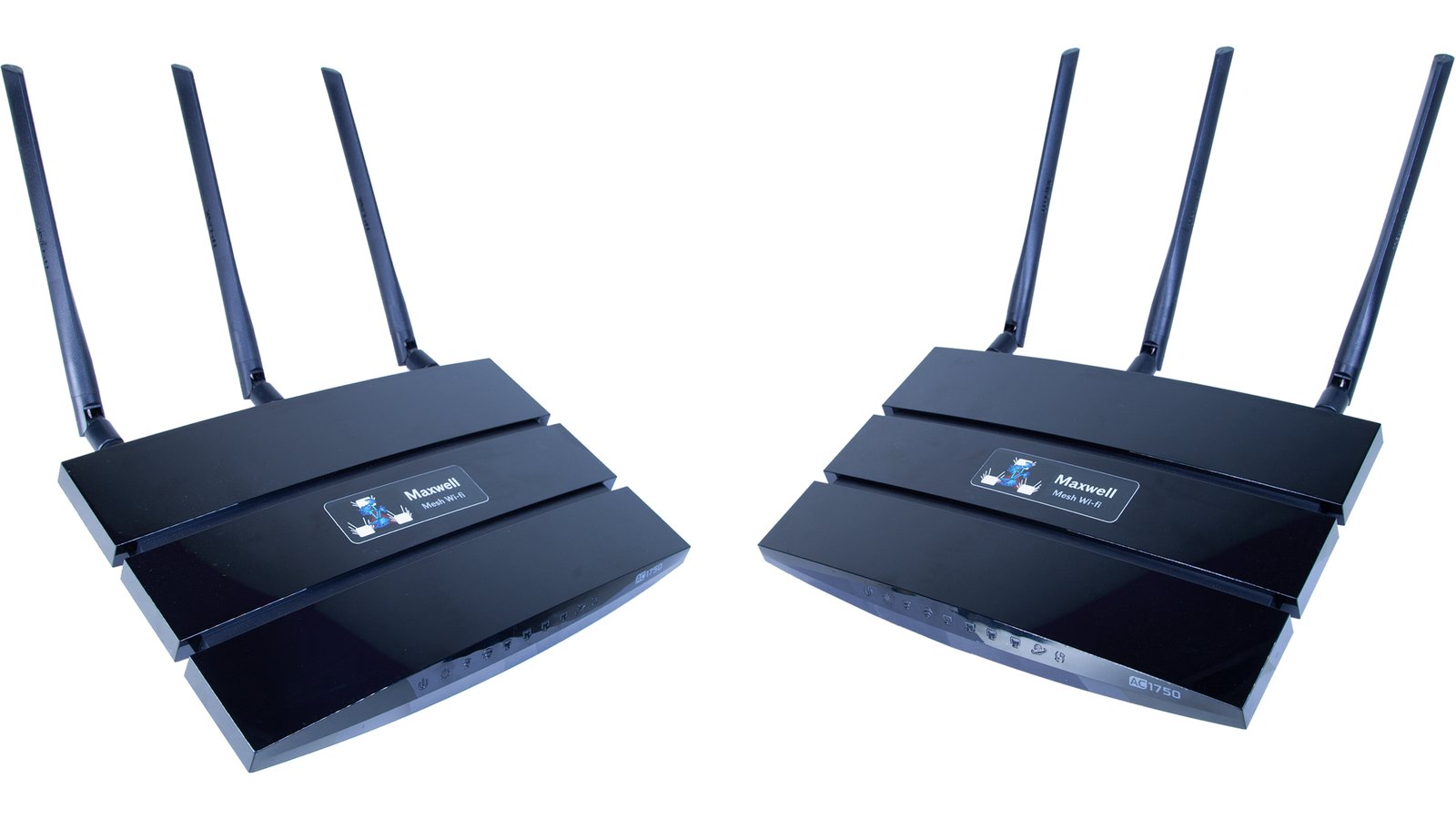
A set of two dual-band Maxwell nodes is a good choice for apartments, condos, or small homes.
Want to buy this item? Check the current project page for the latest information.
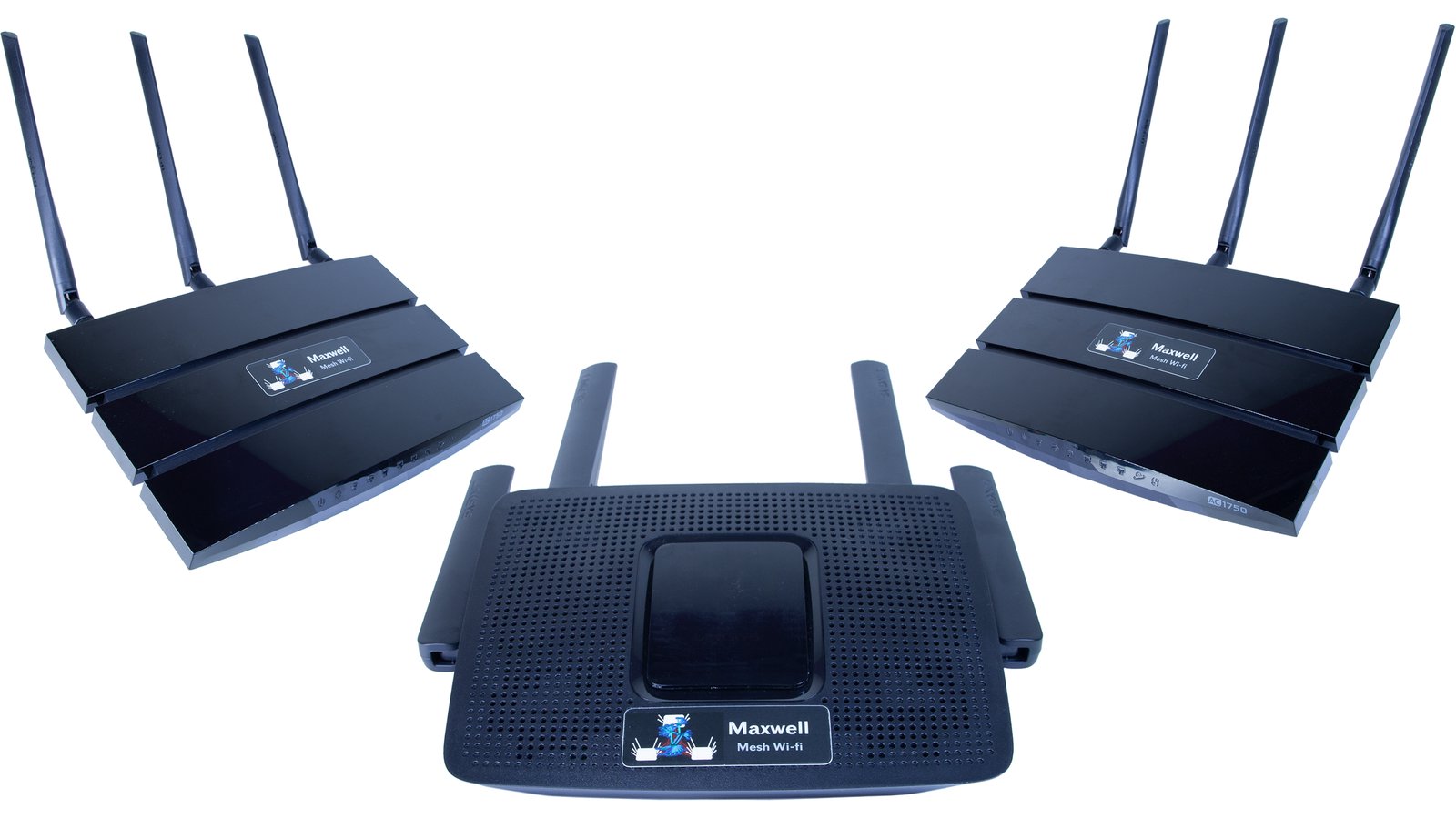
To step it up a notch, use a tri-band router where devices need some extra bandwidth. The third band talks to devices without slowing down the mesh.
Want to buy this item? Check the current project page for the latest information.
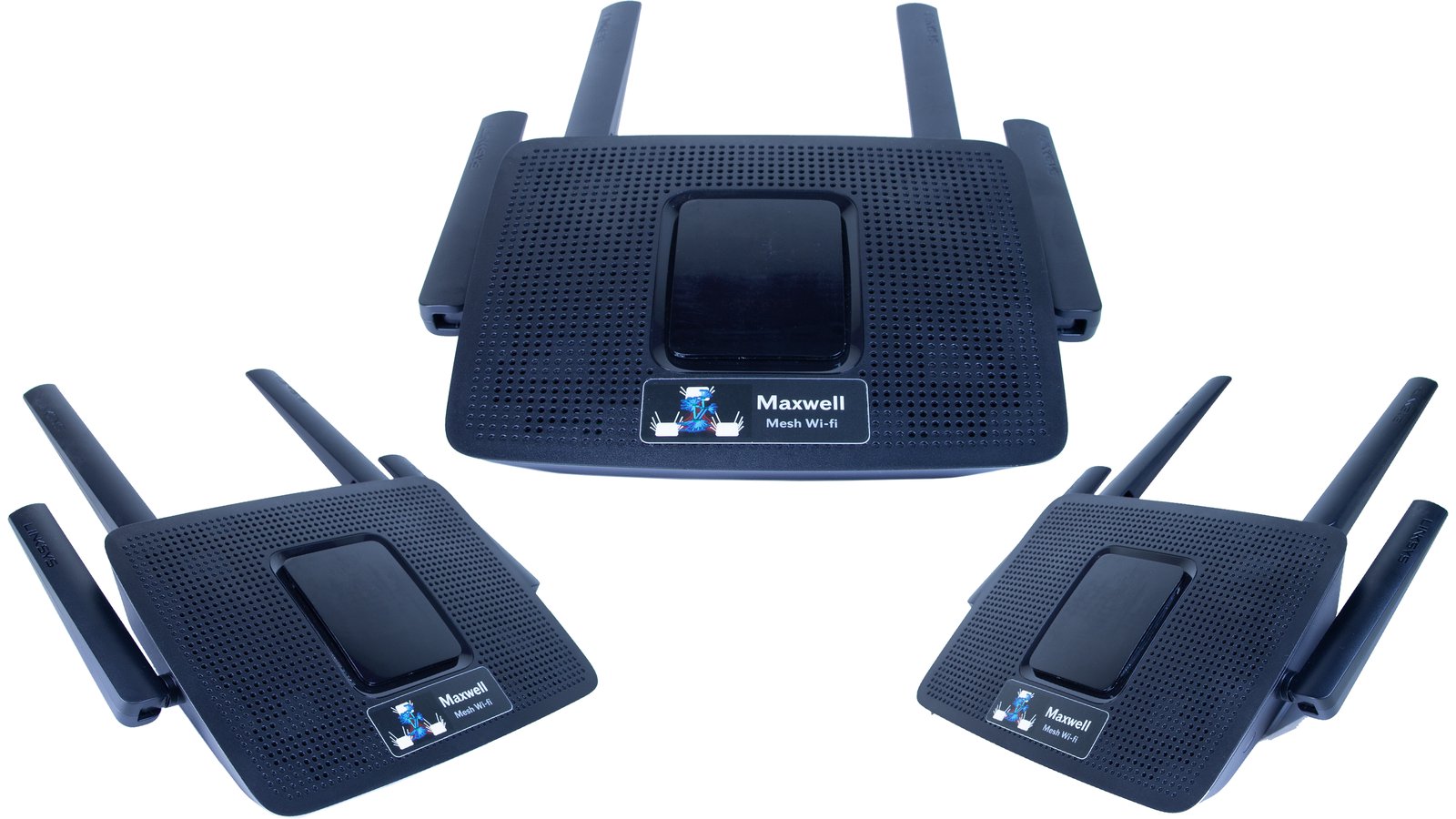
For maximum bandwidth, set up a full tri-band mesh!
Want to buy this item? Check the current project page for the latest information.
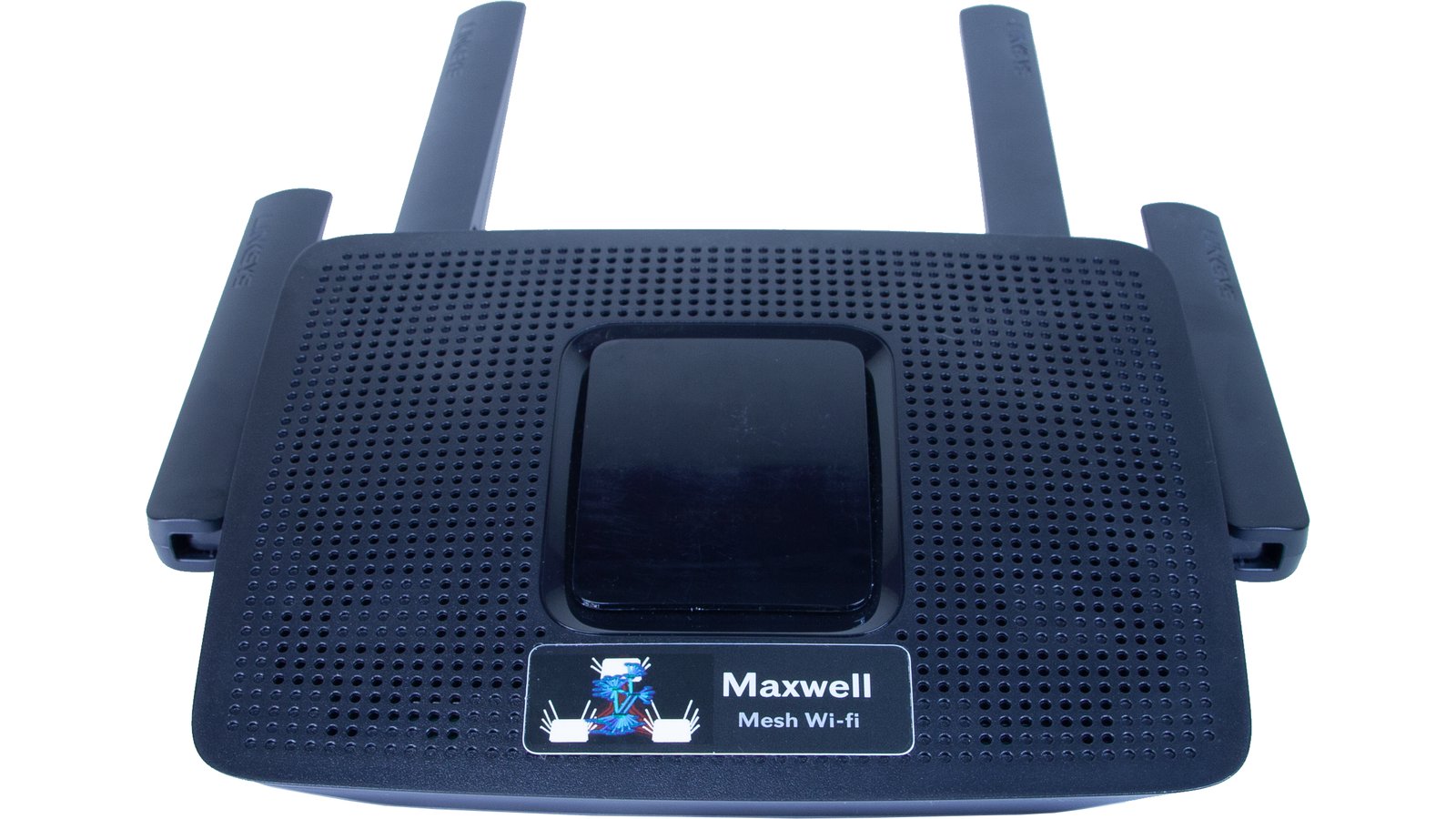
Expand your mesh by adding an extra tri-band node.
Want to buy this item? Check the current project page for the latest information.
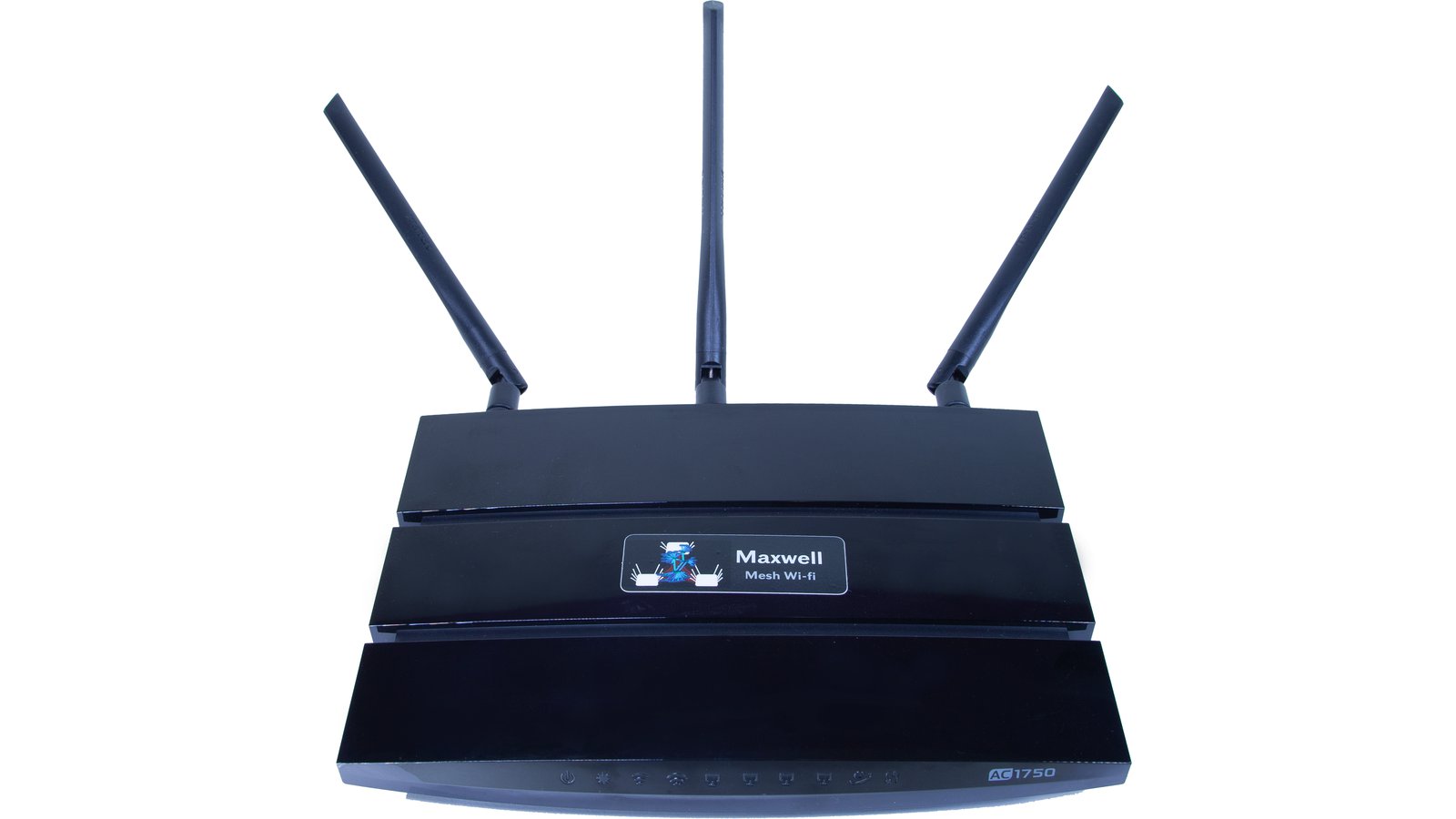
Expand your mesh by adding an extra dual-band node.
Want to buy this item? Check the current project page for the latest information.
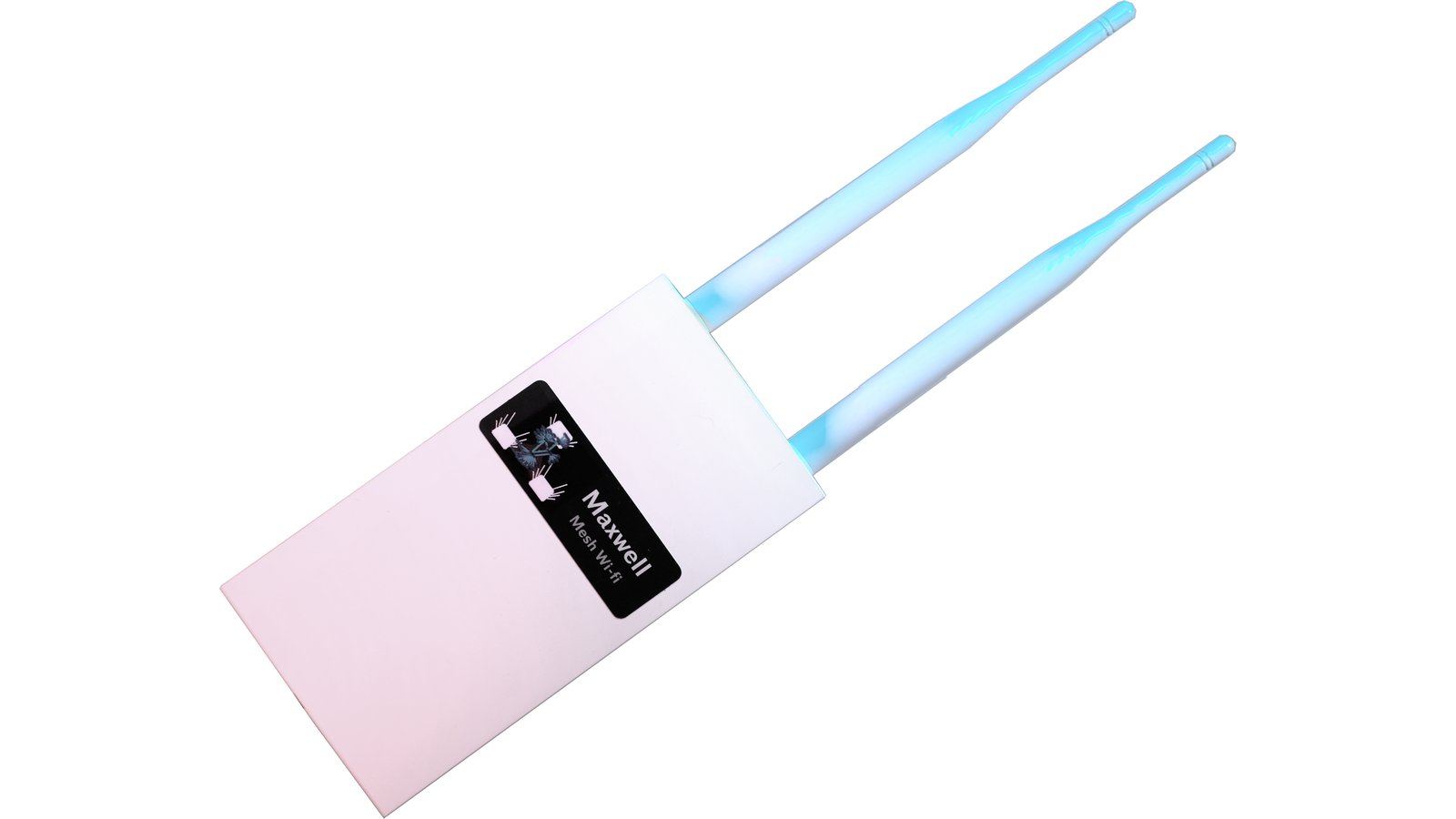
Introduce your mesh to the great outdoors by adding one or more weatherized nodes.
Want to buy this item? Check the current project page for the latest information.

· as.nyu.edu/content/nyu-as/as/faculty/andy-haas.html
Professor of Physics by day and open-source/open-hardware tinkerer by night